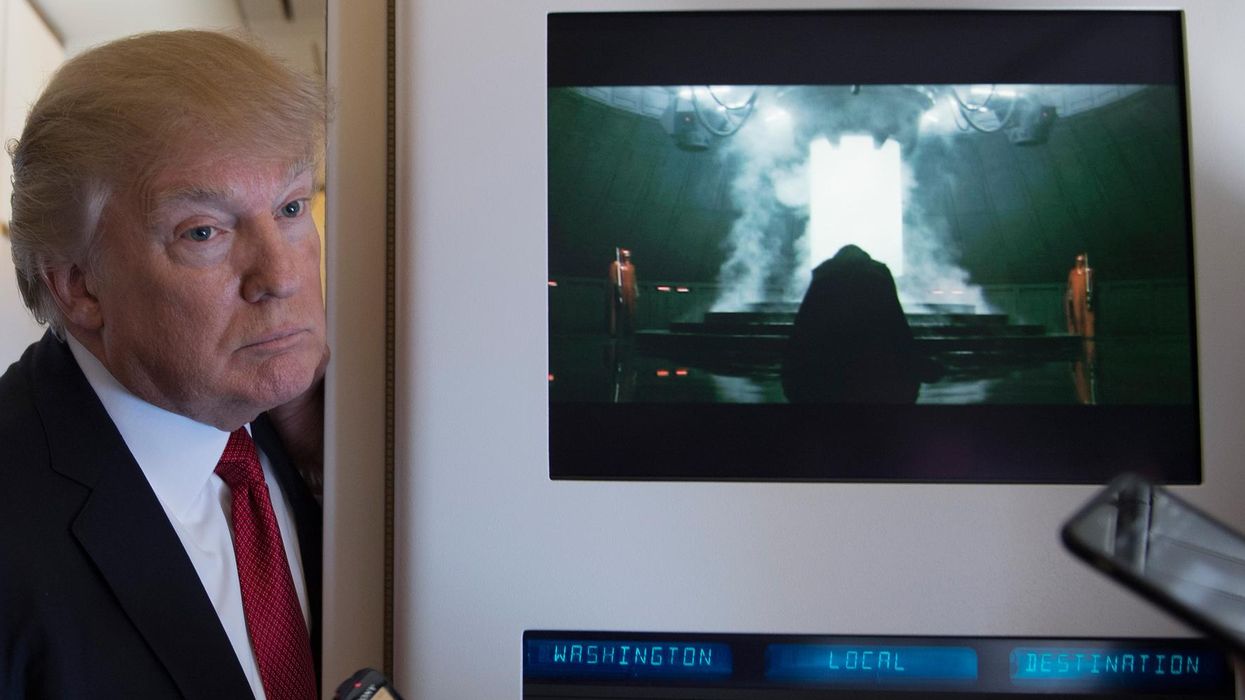News
Jessica Brown
Apr 07, 2017

Picture:
JIM WATSON/AFP/Getty Images
The start of World War Three is predicted almost as often as the end of the world; although with today's nuclear capabilities and global tensions, many are worrying about the future.
As Trump sends missiles into Syria - in response to the devastating chemical weapon attack on civilians – further conflict with Syria or possibly even Russia becomes more feasible.
Trump dispatched 59 Tomahawk missiles yesterday, targeting an airfield where it’s said the chemical weapon attack was launched from. This is the first time the US has been a direct combatant against the Syrian regime.
In a coincidence we all hope isn’t prophetic, the US entered World War One exactly 100 years ago on the day Trump ordered the military intervention in Syria.
On April 6 1917, Congress voted to enter the then bloodiest war history had ever seen, which had already been raging for three years.
The war took the lives of more than 17 million worldwide.
Historians argue that US' intervention altered the outcome of the war, and the course of history.
This New York Times article explains how, without US intervention, World War Two may never have happened:
The carnage might have continued for another year or two until citizens in the warring nations, who were already protesting the endless sacrifices required, forced their leaders to reach a settlement.
If the Allies, led by France and Britain, had not won a total victory, there would have been no punitive peace treaty like that completed at Versailles, no stab-in-the-back allegations by resentful Germans, and thus no rise, much less triumph, of Hitler and the Nazis.
The next world war, with its 50 million deaths, would probably not have occurred.
You can follow the Independent's live blog of events in Syria and around the world, here.
More: ‘We are not terrorists. We are like your children’: Crying Syrian girl sends message to Trump
More: The most hypocritical part of Donald Trump’s Muslim visa ban
Top 100
The Conversation (0)













